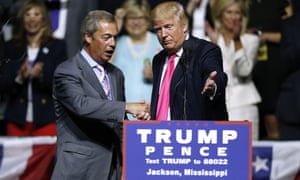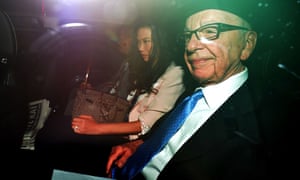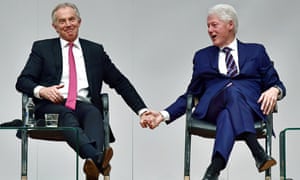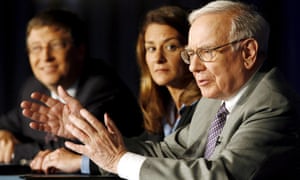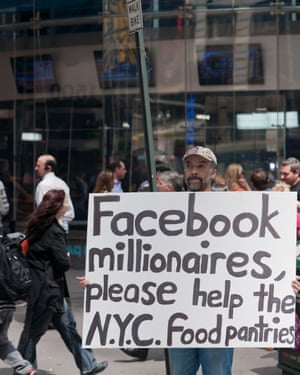The assumption of the rational actor is a fundamental concept in economics, which assumes that individuals, firms, and other economic agents make decisions based on rationality, self-interest, and the pursuit of maximizing their utility or profits. While this assumption has its merits, it is also widely acknowledged to be a flawed assumption. Here's an explanation of the assumption, its limitations, and its impact on economic models:
Assumption of the Rational Actor:
- Rational Decision-Making: The assumption of the rational actor posits that individuals have well-defined preferences and make consistent choices based on logical reasoning. They gather and process information efficiently, weigh the costs and benefits of different options, and choose the option that maximizes their utility or profits.
- Self-Interest: Rational actors are assumed to act in their own self-interest, seeking to maximize their personal satisfaction or financial gains. This assumption implies that individuals are motivated by their own well-being and do not engage in purely altruistic behavior.
Limitations and Flaws of the Rational Actor Assumption:
- Limited Information and Cognitive Biases: In reality, individuals often have limited information, bounded rationality, and cognitive biases that affect their decision-making. They may rely on heuristics, shortcuts, or imperfect information, leading to decisions that may deviate from the ideal rational behavior.
- Emotional Factors: Emotional and psychological factors can significantly influence decision-making, including factors like risk aversion, loss aversion, social influences, and emotional biases. These factors are not fully captured by the assumption of the rational actor.
- Time and Resource Constraints: Individuals may face time constraints and limited cognitive resources, preventing them from fully analyzing all available options. They may resort to satisficing (seeking satisfactory solutions) rather than optimizing choices due to practical limitations.
- Social and Cultural Influences: Social norms, cultural values, and external influences can shape decision-making, leading individuals to make choices that may not align with strict self-interest or rationality. Factors such as peer pressure, conformity, and social expectations can impact decision-making processes.
Impact on Economic Models: The assumption of the rational actor has been foundational in constructing economic models and theories. However, recognizing its flaws and limitations has led to the development of alternative frameworks that incorporate behavioral economics and more realistic assumptions about decision-making. Some of the impacts include:
- Behavioral Economics: Behavioral economics integrates psychological insights and deviations from rational behavior into economic models. It acknowledges that individuals' decisions are influenced by cognitive biases, emotions, and social factors. This has led to a better understanding of real-world decision-making and more accurate predictions of economic outcomes.
- Realistic Modeling: Economic models are now being constructed to incorporate more nuanced assumptions, considering imperfect information, bounded rationality, and decision-making under uncertainty. This enables a more accurate representation of how individuals and firms actually make decisions.
- Policy Implications: Recognizing the limitations of the rational actor assumption has influenced policy discussions and interventions. Policies are designed to account for behavioral biases, such as implementing nudges or defaults that help individuals make better decisions aligned with their long-term interests.
In conclusion, while the assumption of the rational actor has been useful for building economic models, it is flawed due to the inherent complexities of human decision-making. Recognizing these limitations and incorporating insights from behavioral economics has led to more realistic economic models and a deeper understanding of how individuals and firms behave in real-world situations.
